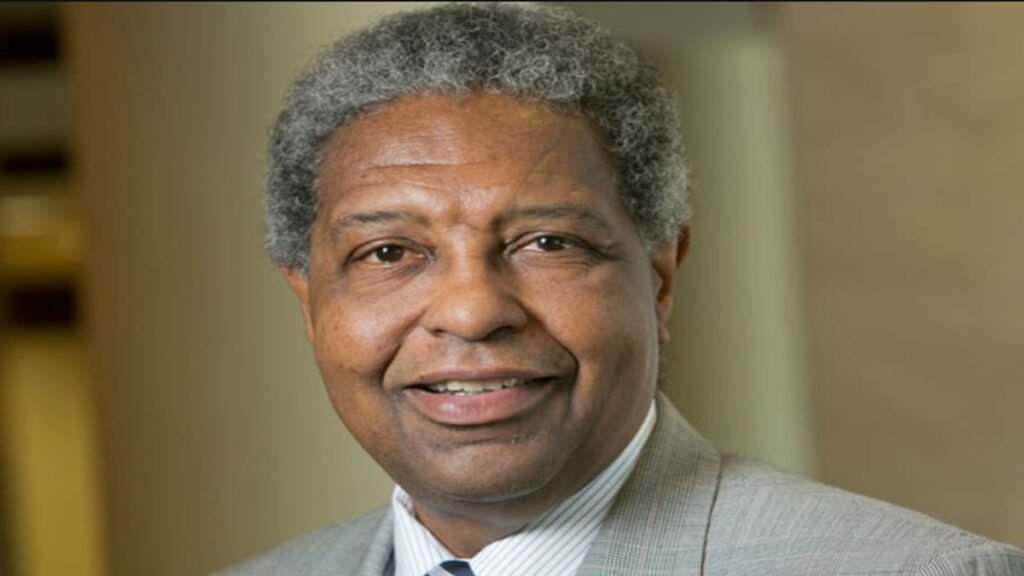
Leading reparations scholar says efforts at the state and local levels to compensate descendants of enslaved people with reparations are counterproductive because they fall short of what a federal program could accomplish.
Meanwhile, William “Sandy” Darity, an economist and professor of public policy at Duke University, notes that the total cost of such a federal program continues to rise. According to Darity, a nationwide plan to close the racial wealth gap is now estimated to cost somewhere in the range of $16 trillion, up from an estimate last year of $14 trillion.
“The longer we wait, the larger the bill will get,” Darity stated in an interview with MarketWatch on the sidelines of the American Economics Association’s annual conference in San Antonio.
Proponents of reparations argue that the descendants of enslaved people are owed compensation for the legacy of slavery, Jim Crow–era racial segregation, Black property loss, and discriminatory public policy. These measures systematically prevented Black Americans from creating wealth.
ALSO READ: San Francisco Mayor Rejects Reparations Office Amid Midyear Budget Cuts
Considerable debate surrounds the scope, size, eligibility criteria, and forms of compensation for reparations. Proposals have spanned various approaches, including housing grants, direct payments, business loans, and a national apology.
According to the latest Federal Reserve data released last fall, the median wealth of a typical white family in 2022 was $285,000. In comparison, the median wealth among Black families was $44,900.
Several states are considering reparations for eligible residents, and efforts in this direction have also gained traction in several cities. After two years of work, California’s first-in-the-nation task force issued a more than 1,000-page report last summer, recommending monetary compensation for descendants of enslaved people for health harms, housing discrimination, and discriminatory policing, among other policy proposals.
POLL — Is Systemic Racism a Significant Problem That Requires Reform in Policing and Other Areas?
State lawmakers are now expected to debate legislation informed by the recommendations. Darity was among several economists and policy experts who served as consultants for California’s task force.
Last month, New York Governor Kathy Hochul signed legislation to establish a commission to explore potential reparations. In 2023, Illinois also formed a commission to research reparations and provide lawmakers with best practices.
Darity views the efforts by state and local governments as fragmented. He notes that each program will have distinct eligibility criteria, resulting in widely varying outcomes for recipients based solely on their geographic location.
ALSO READ: California City Voters Unanimously Elect Black Woman as Mayor for the First Time
Darity emphasized that if reparations programs are delegated to states and localities, some communities may not implement any initiatives, providing opponents with ammunition to argue against a comprehensive nationwide program.
Furthermore, Darity pointed out that states alone cannot bear the financial burden of closing the racial wealth gap, noting that the combined budgets of all state and local governments amount to less than $5 trillion.
Darity emphasized the importance of reparations being a federal initiative, expressing a strong belief in its necessity. He suggested supporting a local effort only in Washington, D.C., as the federal district can directly appeal for restitution to the federal government, potentially setting a precedent for nationwide implementation.
You Might Also Like:
Heavy Storm Forces Evacuation as Water Levels Rise in Northeast Rivers
3M Faces Backlash for Freezing Employee Pension Plans While CEO Gets $26 Million Pension
Court Condemns Biden’s Home Appliance Efficacy Rules As Counterproductive
“Yellowstone” Creator Criticizes Liberal Ideologies for Vilifying Work Ethics and Masculinity
Court Releases Last Batch of Unsealed Jefferey Epstein Documents
